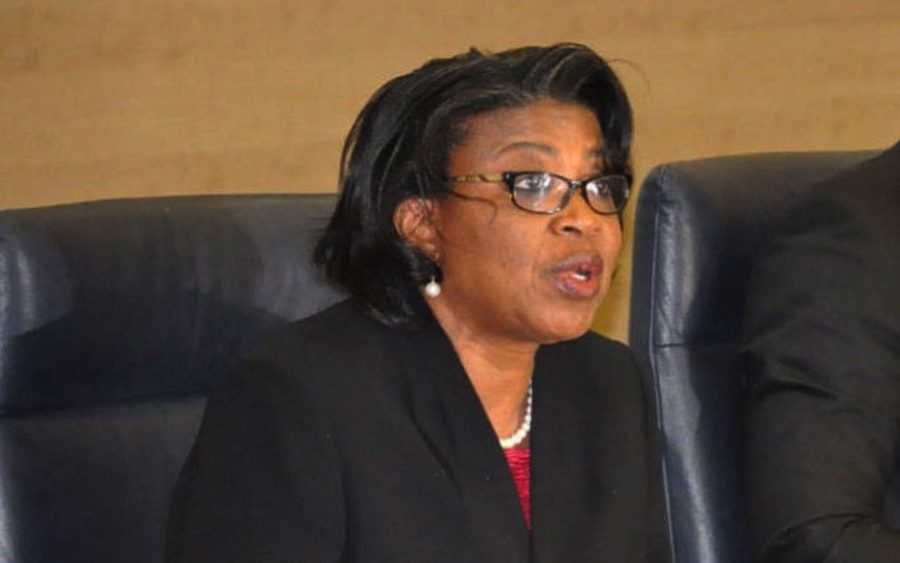The Debt Management Office (DMO) has revealed that Nigeria’s total public debt has risen to N39.55 trillion as at December 2021.
This represents a N1.55 trillion or 4.1% increase in 3 months when compared to the N38 trillion total public debt that was recorded as at September 2021.
This was made known on Thursday by the Director-General of DMO, Patience Oniha while addressing journalists on the country’s current debt situation.
According to NAN, Oniha said that the amount represented the total external and domestic debts of the Federal Government, 36 state governments as well as the Federal Capital Territory (FCT).
What the Director-General of DMO is saying
Oniha said that the increased public debt included new borrowings by both the Federal Government and state governments.
She said, “For the Federal Government, it would be recalled that the 2021 Appropriation and Supplementary Acts included total new borrowings of N5.48 trillion to part-finance the deficits.
“Borrowing for this purpose, and disbursements by multilateral and bilateral creditors account for a significant portion of the increase in the debt stock.’’
The DMO boss pointed out that the new loan stocks were raised from different sources which included the issuance of Eurobonds, Sovereign Sukuk and Federal Government of Nigeria Bonds, adding that the country’s debt situation is within reasonable limits.
Oniha, however, noted that the Federal Government has introduced measures to deal with revenue challenges which have made the servicing of the loans a tough one.
She said, “These Capital raisings were utilised to finance capital projects and support economic recovery.
“With the total Public Debt-to-Gross Domestic Product ratio of 22.47 per cent, the debt ratio still remains within Nigeria’s self-imposed limit of 40 per cent.
“This ratio is prudent when compared to the 55 per cent limit advised by the World Bank and the International Monetary Fund (IMF) for countries in Nigeria’s peer group.
“The Federal Government is mindful of the relatively high Debt-to-Revenue ratio and has initiated various measures.
“The measures are to increase revenue through the Strategic Revenue Growth Initiative and the introduction of Finance Acts since 2019.’’
What you should know
- A lot of concerns have been raised by some economic and finance experts as well as international multilateral organizations like the World Bank and the International Monetary Fund (IMF) over Nigeria’s huge debt profile, which they said is becoming unsustainable.
- The country is reported to be spending about 90% of its revenue on debt servicing, thereby making the government to borrow to fund its annual budget.
- However, the federal government in its defence, had maintained that the frequent borrowings or loan requests is to fund critical infrastructural projects and not for recurrent expenditure.
- It added that what the country has is a revenue problem and not debt problem.
